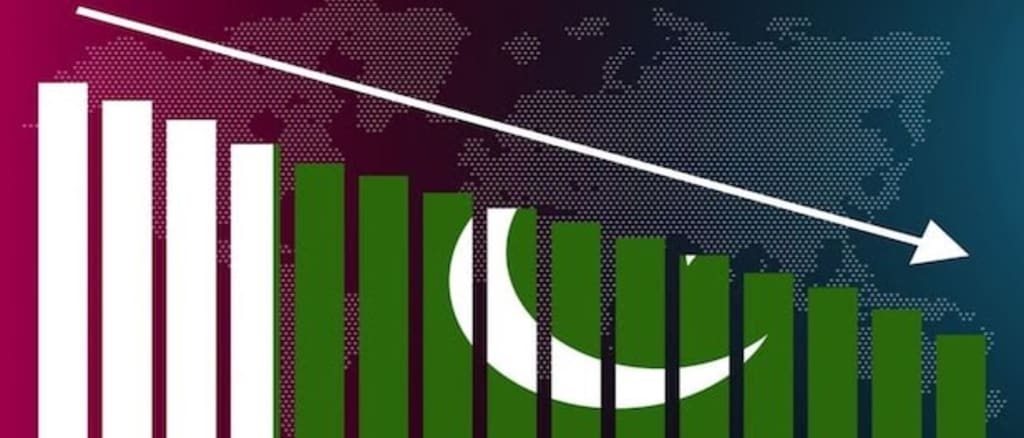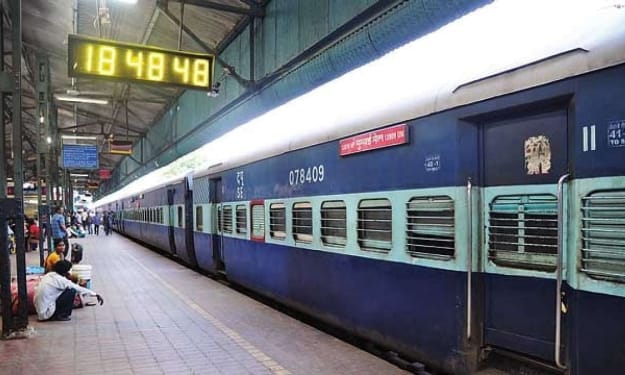
.
Pakistan is a country located in South Asia with a population of approximately 220 million people. The country has been facing various crises, including political, economic, and social issues.
One of the major political crises in Pakistan is the ongoing tension between the government and the opposition parties. The opposition parties have been accusing the ruling party of election rigging and corruption, leading to protests and rallies across the country.
Additionally, Pakistan's economy has been struggling, with a high inflation rate, a growing debt burden, and a widening trade deficit. The COVID-19 pandemic has further exacerbated these economic challenges, leading to increased unemployment and poverty rates.
Socially, Pakistan is facing numerous issues, including gender inequality, religious intolerance, and sectarian violence. Human rights violations, such as forced disappearances and extrajudicial killings, have also been reported in the country.
In conclusion, Pakistan is facing various crises that require immediate attention and action from the government and its citizens.
Political Crisis:
The political crisis in Pakistan is rooted in longstanding tensions between the country's various political parties. The ruling Pakistan Tehreek-e-Insaf (PTI) party, led by Prime Minister Imran Khan, has been accused of rigging the 2018 elections and mismanaging the economy. The opposition parties, including the Pakistan People's Party (PPP) and the Pakistan Muslim League-Nawaz (PML-N), have staged multiple protests and rallies to demand the government's resignation.
Economic Crisis:
Pakistan's economy has been facing a range of challenges, including a high inflation rate, a large trade deficit, and a growing debt burden. These economic challenges have been compounded by the COVID-19 pandemic, which has led to reduced economic activity and increased unemployment. Pakistan has also been seeking a bailout package from the International Monetary Fund (IMF) to address its economic challenges.
Social Crisis:
Pakistan is facing numerous social challenges, including gender inequality, religious intolerance, and sectarian violence. Women's rights activists have been calling for greater protection of women's rights, particularly in relation to domestic violence and honour killings. Pakistan has also been experiencing religious extremism and sectarian violence, particularly in its Balochistan and Khyber Pakhtunkhwa provinces.
Human Rights Crisis:
Pakistan has been accused of human rights violations, including forced disappearances and extrajudicial killings. Human rights activists and journalists have been targeted by the authorities, with many facing arrest, harassment, and censorship. There are also concerns about the treatment of ethnic and religious minorities, particularly the Shia Muslim and Ahmadiyya communities.
In conclusion, the crisis in Pakistan is multifaceted and requires comprehensive solutions. Addressing the political, economic, social, and human rights challenges facing the country will require the cooperation and commitment of all stakeholders, including the government, opposition parties, civil society.
Security Crisis:
Pakistan has been facing a security crisis for many years due to terrorist attacks and insurgency. The country has been grappling with militancy and extremism, particularly in the northwestern province of Khyber Pakhtunkhwa, the Balochistan province, and the tribal areas bordering Afghanistan. Pakistan has been fighting against various militant groups, including the Tehreek-e-Taliban Pakistan (TTP), Al-Qaeda, and the Islamic State (IS), among others.
Environmental Crisis:
Pakistan is also facing an environmental crisis, with issues such as air pollution, deforestation, and water scarcity. The country has one of the highest rates of deforestation in the world, which has led to soil erosion, flooding, and loss of biodiversity. Pakistan's cities are also among the most polluted in the world, with air pollution causing serious health problems.
Education Crisis:
Pakistan is facing an education crisis, with a large number of children out of school, particularly girls. According to UNESCO, around 22.8 million children are out of school in Pakistan, the second-highest number in the world after Nigeria. Pakistan's education system also faces challenges, including low literacy rates, poor quality of education, and limited access to higher education.
Infrastructure Crisis:
Pakistan's infrastructure is also facing numerous challenges, with inadequate electricity, water, and transport systems. The country's power sector has been struggling with frequent power outages and load shedding, which has hampered economic growth. Pakistan also faces water scarcity, particularly in its rural areas, which has led to crop failures and economic losses.
In conclusion, Pakistan is facing a range of crises that require urgent attention and action. Addressing these challenges will require comprehensive reforms and initiatives from the government and society. The international community can also play a role in supporting Pakistan's efforts to address its crises, particularly in areas such as education, health, and infrastructure





Comments
There are no comments for this story
Be the first to respond and start the conversation.